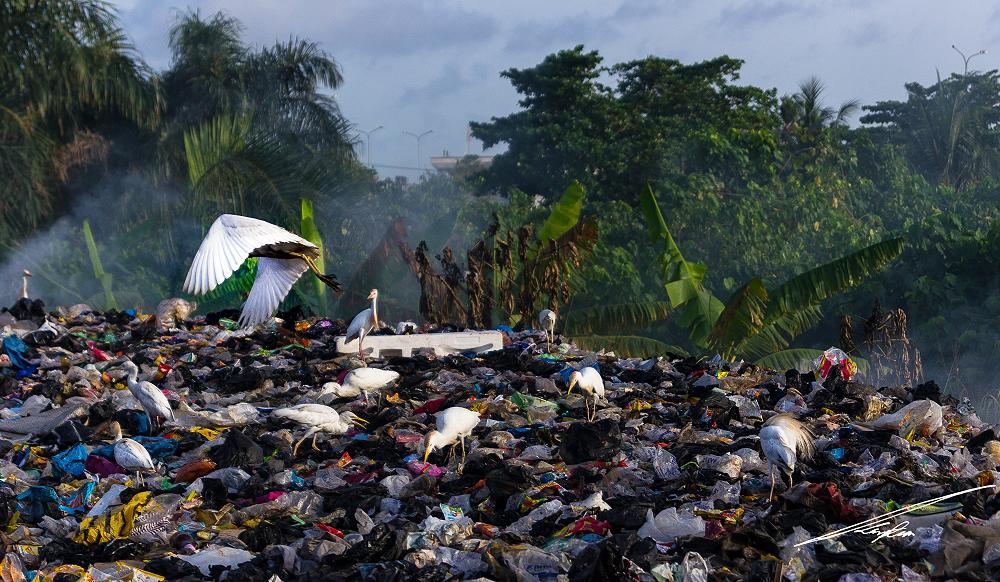
Waking Up to Our Wastefulness
We live in an “easy come, easy go” kind of world, where, as long as you can pay for it, everything is expendable. It’s no surprise then that waste has become a natural byproduct of this mass-producing world: a minor sin, a victimless crime.
While waste, of course, permeates all corners of life, nowhere is it more apparent (read: abhorrent) than when it comes to food.
We’ve seen a recent glut of television programmes glamourising the act of cooking and dining, but these programmes don’t deal with the realities of food. We gush about our love of food and cooking but evidently our adoration only extends to the act of eating. We’re not interested in where our food comes from. How much we throw out barely registers. It’s become mindless consumption at any (and all) cost.
New Zealanders, for example, rate eradicating hunger as one of the most important goals of society, yet throw out almost $2 billion dollars of food each year. And it’s not just their back pockets they’re hurting when they throw away food: at the same time, one in every 14 Kiwis is unsure of where their next meal is coming from.
Meanwhile, in Australia our landfills receive almost nine million tonnes of food waste each and every year. In fact, per capita, we rank as one the world’s most wasteful nations. It’s gotten so bad that Australia actually rejects 86 out of every 100 tomatoes it produces based on appearance alone.
Think about that for just a second. What other industry could justify, much less survive, letting the vast majority of what it produces go to waste for no real reason at all? And yet the food industry lets most of what it produces go to rot.
Of course, this is not an issue at the barn door. Farmers know what they produce is good and edible. Supermarkets, however, don’t agree — or at least don’t believe that we, the consumer, would be happy with an odd-looking bunch of vegetables. So they dump them en masse.
This divide between consumer, supplier and producer is the crux of this problem. A barbecue chicken tossed into a skip bin at the end of the day’s trade might not seem like much if you can’t see the 4 ,000 odd litres of water that it took to produce it. Nor the faces of the locals who went hungry that very same night.
Given this sorry state of affairs, it’s encouraging to see a few initiatives directly attempt to balance the scales. OzHarvest, an Australian organisation, has become a go-between, taking food that would otherwise be wasted by supermarkets and others and seeing that it finds those with empty stomachs. If you’re not at risk of going hungry you can still shop at their supermarket with the proceeds helping those in need. Their branches in New Zealand, the UK and soon South Africa demonstrate the need is global.
But supermarkets and consumers are slow to change. With the human population swelling to almost 10 billion by 2050, there will be yet more mouths to feed and even fewer resources to do so.
We simply don’t have time to remain set in our wasteful ways. For every meal we throw out there’s someone who went needlessly hungry. For every ingredient tossed, we’ve squandered the very things we’re quickly running out of.
Ethically, it can’t continue. Realistically, it won’t. If we don’t make the change ourselves, it’ll soon be forced upon us when we’ve exhausted our resources and all our other options.
Tui Motu Magazine. Issue 228, July 2018: 24.
